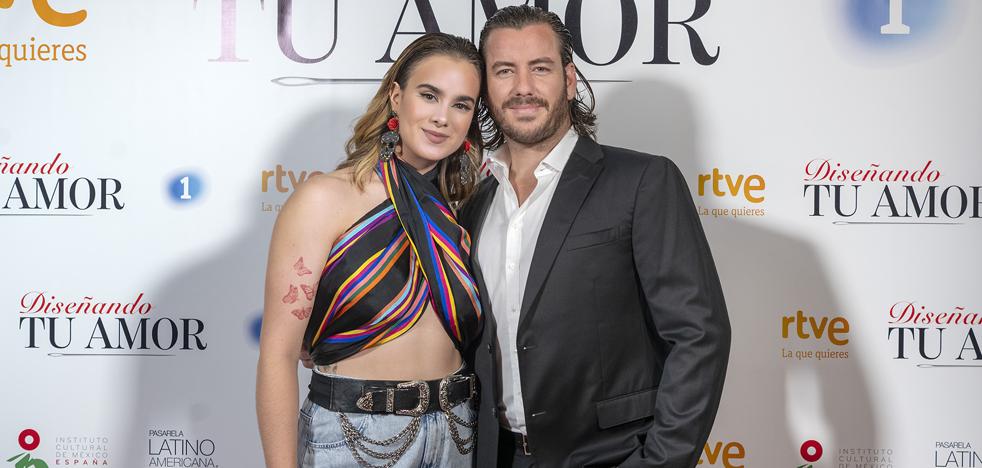This British author explores the biographies of the great European leaders of the 20th century in his book ‘Personality and Power’
Are great men the ones who build history or is it history that ‘selects’ the protagonists? “It is a combination of both factors, but great leaders take advantage of the circumstances to make their mark,” sums up the prestigious British historian Ian Kershaw (Oldham, 1943), who publishes ‘Personality and power’ (Criticism) in Spain . The book analyzes how twelve political leaders, including Lenin, Stalin, Hitler, Churchill, Franco and Thatcher, came to power and exercised it. This professor of Modern History at the University of Sheffield is the author of the canonical ‘Hitler. The definitive biography” and key works to understand the 20th century, such as “Descent into hell” and “Rise and crisis”.
What personality traits do great leaders share?
-All leaders of the past, and also of the present. they are self-centered, narcissistic and hugely ambitious. They have an unusual level of determination, thirst for power, a clear ideological purpose, tactical skills and expediency, as well as ruthlessness and the ability to draw individuals into their leadership to attract a following.
-Is Hitler the most impactful character in the 20th century?
-You could talk about Lenin or Stalin, but Hitler’s impact was greater than any other person, bearing in mind that he was the unfortunate protagonist of the two most important milestones of the century, World War II and the Holocaust . In the second half of the 20th century, Gorbachev would be the most influential character.
-What traits do Stalin and Putin share?
Both are ruthless individuals, with clear visions and very specific goals that they pursue with complete determination, and both have had an interest in increasing the power of the Soviet Union and Russia. But they are different individuals in different eras and with different goals. Not everything is explained by looking for parallels. Stalin was the leader of a Soviet Union whose purpose was to fight fascism. Putin’s goal is to resurrect the Russian Empire and for this he is not inspired by Stalin, but by Peter the Great and Catherine the Great, two emperors of the 18th century.
– Zelensky is one of those cases where circumstances build great leadership?
-Naturally. No one thought much of Zelensky before the war. He was not even popular in his country. But it has been a great revelation. The world has nothing but admiration for what he has done, but whether he can transfer those skills to a time of peace remains to be seen.
-Why did Elizabeth II, who never had real power, accumulate so much symbolic power?
Precisely because he had no political power, he could become a representative figure like no other. He did not say a political sentence in his life, which allowed him to keep out of the daily business and did not undergo erosion. It illustrated the positive features of British society, unity, identity, stability, integration, but all from a purely symbolic point of view. He had an extraordinary gentle strength. I’m not exactly a monarchist, but the funeral was moving.
– You affirm that Franco is for many authors a peripheral character in the history of Europe, but you choose him from the twelve leaders you discussed in the book. What is its relevance outside Spain?
I thought a lot about that question before writing the book. The Spanish Civil War was more than a Spanish affair, there were tens of thousands of volunteers who came to fight and at the time it was thought that the Spanish War would lead to a European one that would eventually fail, at least for a while. direct reason. The fascist powers used the civil war to test weapons aimed at civilians, and there we have a new European dimension. And there’s the Blue Division. In addition, Spain had great geopolitical relevance during the Cold War. Franco was undoubtedly more than a Spanish phenomenon.
– Do you think Spain has accepted its past?
It has necessarily been a long process, but Spain is on its way to accepting that traumatic episode in history. If a country has suffered something like Germany, the first generation cannot adapt, it takes two or three generations. Spain is a very modern democratic country that is increasingly able to process its past.
The lands are torn between oblivion and memory.
-Ultimately, a country has to face its past, which is not the same as seeking blame. But the responsibility for the past doesn’t go away anytime soon, and that moral legacy fades over time.
Source: La Verdad
I’m Wayne Wickman, a professional journalist and author for Today Times Live. My specialty is covering global news and current events, offering readers a unique perspective on the world’s most pressing issues. I’m passionate about storytelling and helping people stay informed on the goings-on of our planet.



